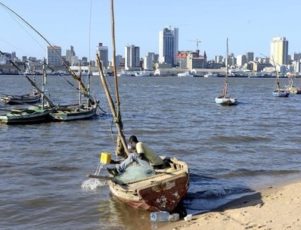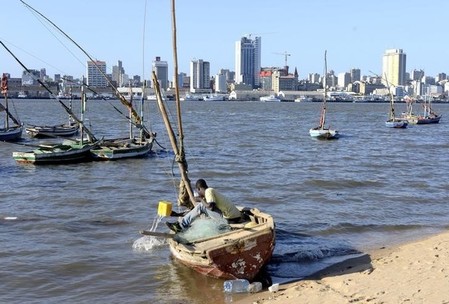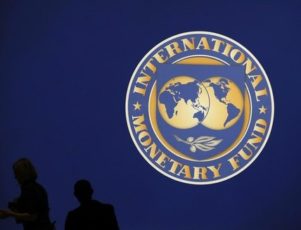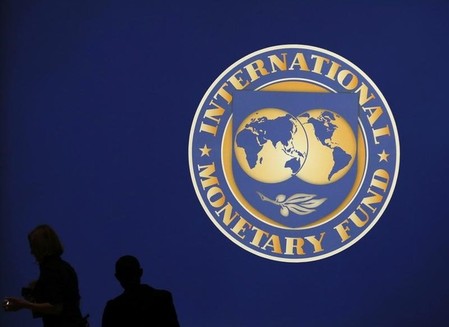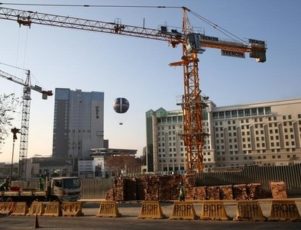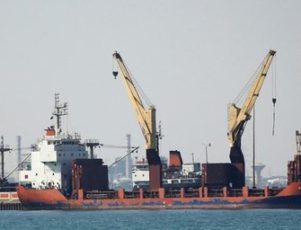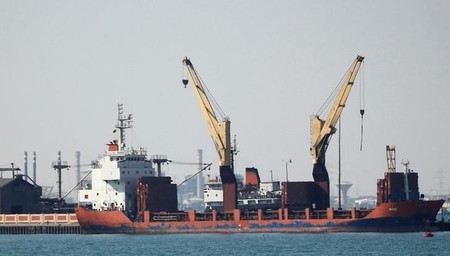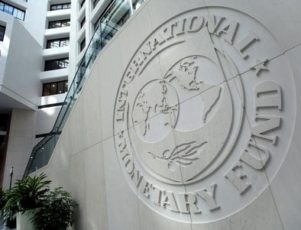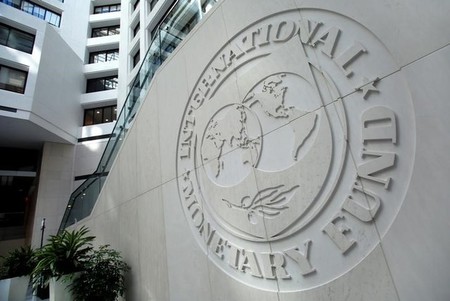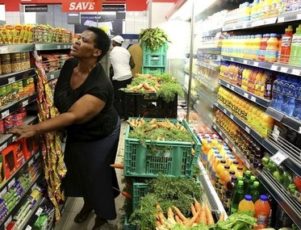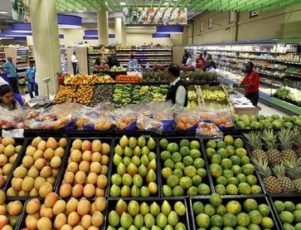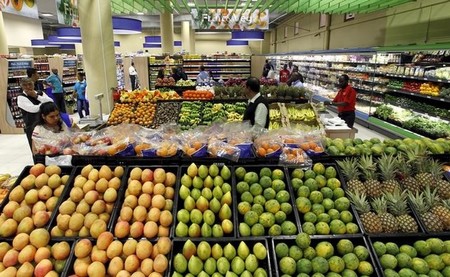JOHANNESBURG (Reuters) – Anheuser-Busch InBev, the world’s largest brewer, has offered more than 1,000 employees in South Africa voluntary severance following its merger with SABMiller, the Business Day newspaper reported on Monday, citing an internal memo.
AB InBev bought nearest rival SABMiller for 79 billion pounds ($98.23 billion) last year in one of the largest corporate mergers in history and taking the company into Africa for the first time.
As part of the merger conditions, AB InBev was required to maintain the number of employees in SABMiller’s South African operations for five years after the date of the merger and not implement forced retrenchments.
The paper said AB InBev could not confirm the number of job cuts it was targeting through the voluntary severance, which has only been offered to management employees.
Spokeswoman Robyn Chalmers did not respond to telephone requests for comment but she is quoted in the paper confirming that Ab InBev has started the programme.
“The voluntary severance offer, which is entirely voluntary, has been made available only to mid-level employees and above,” Business Day quoted her as saying. “We understand that during this period of change some employees may wish to voluntarily exit the business, which is why we have introduced a voluntary severance offer.”
($1 = 0.8042 pounds)
(Reporting by Olivia Kumwenda-Mtambo)



